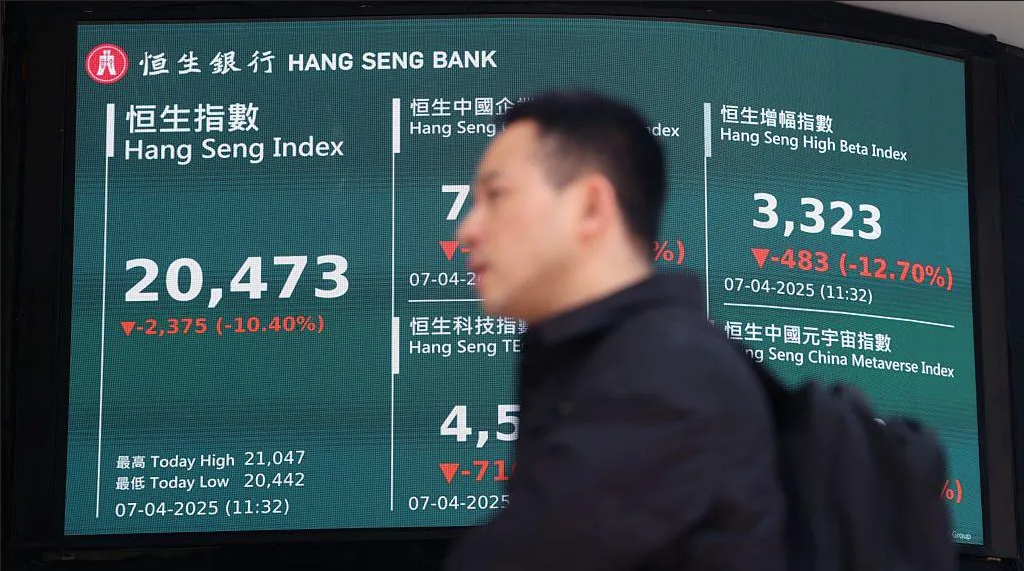Yesterday, women were celebrated, but one thing has also come to the fore: gender-smart investing, particularly given the recent disproportionate financial effects of the pandemic on women.
The Organisation for Economic Co-operation and Development (OECD) estimates that if women participated in the economy on the same scale as men, their contribution to global gross domestic product would add up to US$28 trillion in 2025.
The untapped potential is greatest in developing countries, such as South Africa and Namibia.
Valerie Harrington, a fund manager at impact fund manager, Blue Orchard, says financial inclusion can be a powerful tool for economic empowerment.
“Microfinance, in particular, has played a key role in providing women access to financial services in emerging markets. A large share of microfinance portfolios are women. However, the traditionally ‘gender neutral’ approach to financial inclusion has on occasion limited its effectiveness and shown to sometimes result in unintended negative consequences,” she says.
Harrington points out that research across decades shows that women entrepreneurs are more likely to get rejected for a business loan.
“If your application is accepted, you may receive a lower amount, a higher rate and a shorter tenure,” she says, adding that collateral requirements may be more stringent compared to male peers. This is despite women showing the same (or better) repayment rates as men.
GENDER LENS
There are a small, but growing, number of funds that invest with a specific “gender lens”.
In a nutshell, this means these funds seek to advance gender equality through the strategy’s activity, including meeting the diverse financing needs of women entrepreneurs and strengthening sectors that predominantly employ women.
The financial institutions, known and trusted partners to the overarching fund, will then “on-lend” to the target borrowers. In this case, the borrowers would be women-led/owned businesses or enterprises that offer products or services that substantially improve the livelihoods of women or girls.
Dinao Lerutla, managing partner of South African-based fund manager Maia Capital, says the company has a bias towards women businesses and businesses that promote gender inclusion throughout the value chain.
“Through our targeted investments, we hope to contribute to economic recovery that is sustainable and inclusive. This is why our investment themes include education, healthcare, housing, clean technology, financial inclusion and gender inclusion” she adds.
“When you invest in women, you also invest in their communities. Investments that go into the hands of women fund managers not only go towards the growth and sustainability of the companies they invest in, but the women who are part of the value chain of these companies,” said Lindeka Dzedze, global markets head of strategic partnership at Standard Bank Group.
– Business Maverick
Stay informed with The Namibian – your source for credible journalism. Get in-depth reporting and opinions for
only N$85 a month. Invest in journalism, invest in democracy –
Subscribe Now!










